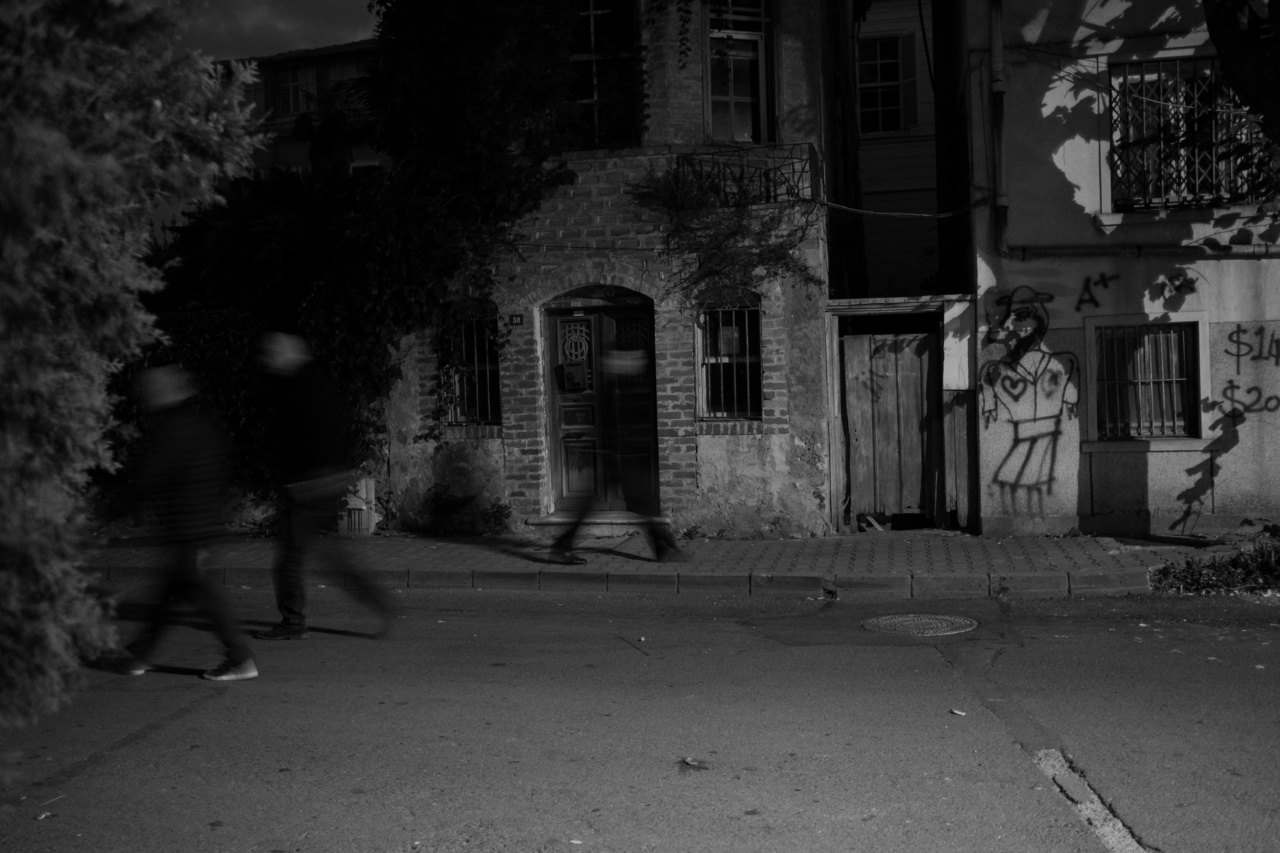One of the most challenging aspects of being a parent is dealing with a baby who wakes up frequently during the night. The lack of sleep can be exhausting and frustrating for both the baby and the parents.
If your baby is struggling to sleep through the night, there are several common reasons that might be causing this disruption.
Inconsistent Bedtime Routine
Establishing a consistent bedtime routine is crucial for helping your baby sleep better at night. If you have an irregular routine, it can confuse your baby’s internal clock, making it harder for them to fall asleep and stay asleep.
Ensure that you follow a consistent schedule every night, including activities such as a warm bath, reading a bedtime story, or listening to soothing music, to signal to your baby that it’s time to sleep.
Hunger or Thirst
It’s not uncommon for babies to wake up during the night because they are hungry or thirsty. Young infants especially have small stomachs and may require frequent feedings.
If your baby is waking up crying and displays signs of hunger, consider adjusting their feeding schedule or discussing with a pediatrician if they might be ready to start solid foods.
Discomfort
Uncomfortable sleep conditions can also lead to nighttime awakenings in babies. Ensure that your baby’s sleep environment is comfortable and conducive to sleep.
Check if they need a diaper change, are too hot or too cold, or could benefit from a cozier blanket or a softer mattress. Addressing these discomforts may considerably improve your baby’s sleep quality.
Teething
Teething can be a painful process for babies, and it can disrupt their sleep routine. The discomfort and pain caused by teething can lead to night wakings.
To soothe your baby, you can try massaging their gums with a clean finger, using a teething toy, or providing a chilled (but not frozen) teething ring. If the pain persists, consult your pediatrician for appropriate teething remedies or medication.
Sleep Regression
Sometimes, babies who were previously sleeping well through the night suddenly start waking up frequently. This can be attributed to sleep regression, which is often associated with developmental milestones or changes in your baby’s routine.
Be patient during these periods and provide extra comfort to help your baby navigate this temporary regression. Stick to their usual sleep routine as much as possible.
Separation Anxiety
Separation anxiety, which typically begins around six to eight months of age, can be a significant reason behind nighttime awakenings.
Babies become more aware of their environment and may become fearful or anxious when separated from their primary caregivers. Comfort your baby by reassuring them with your presence, soothing words, or a transitional object, such as a soft toy or blanket.
Nightmares or Night Terrors
As your baby gets older, they may start experiencing nightmares or night terrors, which can cause them to wake up suddenly and cry. Nightmares are ordinary dreams that lead to feelings of fear, while night terrors often involve agitated behavior.
Offer comfort and soothing reassurance when your baby wakes from these episodes, but avoid stimulating them too much which may delay their return to sleep.
Illness or Discomfort
If your baby is sick or experiencing discomfort due to conditions such as ear infections, colds, or allergies, they may have difficulty sleeping through the night. Address any signs of illness by consulting your pediatrician for appropriate remedies.
Ensuring that your baby is comfortable and getting the necessary medical attention can help them sleep better.
Overtiredness
Although it may seem counterintuitive, overtiredness can actually disrupt your baby’s sleep patterns. When babies become overly tired, they find it harder to fall asleep and stay asleep.
Ensure that your baby is getting enough daytime naps and not staying awake for extended periods. Following an age-appropriate sleep schedule will help prevent overtiredness and promote better nighttime sleep.
Sleep Associations
Sleep associations are routines or objects that babies rely on to fall asleep, such as rocking, nursing, or using a pacifier.
If your baby wakes up during the night and doesn’t know how to self-soothe without these associations, they will need your help to fall back asleep. Gradually weaning your baby off these sleep associations can empower them to self-soothe and sleep more independently through the night.
Conclusion
Understanding why your baby is waking up during the night is the first step towards finding a solution.
By addressing any physical discomfort, implementing a consistent bedtime routine, and ensuring that your baby’s sleep environment is conducive to restful sleep, you can help improve their quality of sleep. Remember that every baby is unique, and it may take some trial and error to find what works best for your little one.































